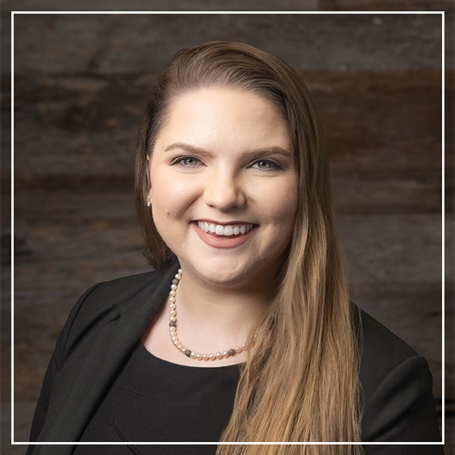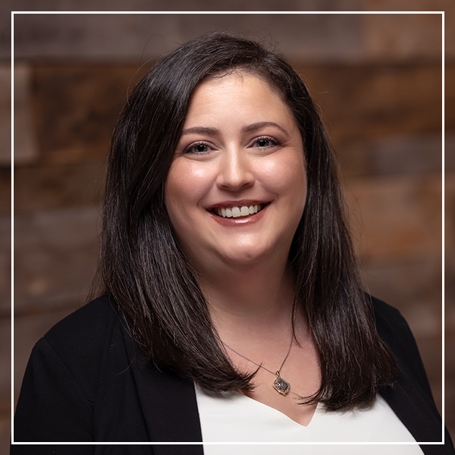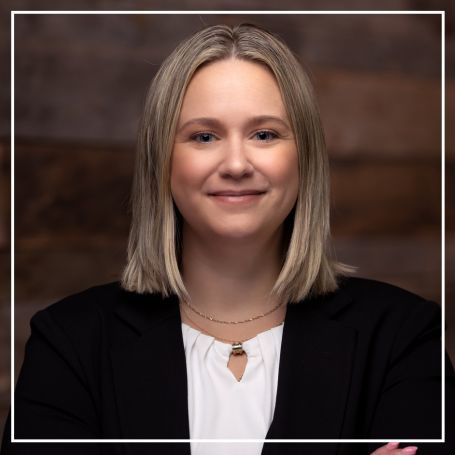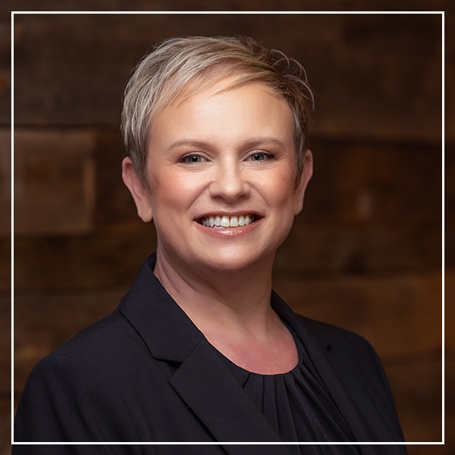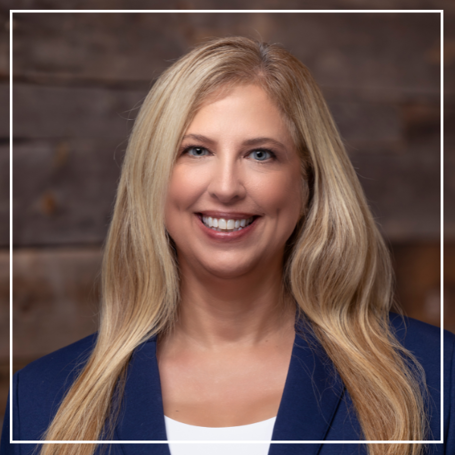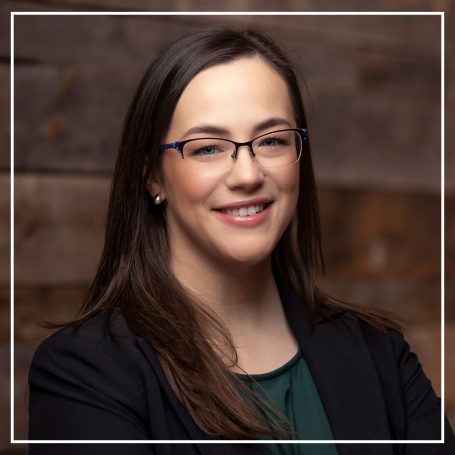
Charlotte Child Custody Attorney
Protecting Your Child’s Best Interest in Union County
When you are facing a divorce, one of the most stressful and emotional parts of the process is deciding who will have custody of your children. At Collins Family & Elder Law Group, we understand the importance of your children and work diligently to help you find a solution that is in your best interest. Our Charlotte child custody lawyers will listen to your needs and concerns, answer your questions, and provide you with the strong legal representation you need during this difficult time.
By choosing us, you benefit not only from our extensive experience but also from our commitment to personalized service. Our team guides the entire custody process, helping to alleviate the stress that parents naturally experience. Understanding local laws and their applications, we aim to make this challenging time as smooth as possible for families in Charlotte.
Are you concerned about how your custody arrangement will affect your child’s future? Call Collins Family & Elder Law Group today at (704) 289-3250 or contact us online to get the clarity and guidance you need to protect your parental rights!
Understanding North Carolina Child Custody Laws
In North Carolina, child custody is determined by what the court considers to be in the best interest of the child. This process involves evaluating various factors, including the safety and well-being of the child in each parent's home. The court also considers parental cooperation, as well as any history of domestic violence. Familiarity with local statutes can aid in comprehensively addressing these criteria, ensuring a favorable arrangement that supports the child's growth and stability.
Statutes specific to North Carolina, such as General Statute § 50-13.2, govern the establishment of physical and legal custody arrangements. In Charlotte, judges often offer parents the opportunity to mediate disputes before a trial, emphasizing collaborative solutions. This focus on cooperation can significantly influence custody outcomes, stressing the need for strategic preparation and sound legal advice from Collins Family & Elder Law Group.
How Are Child Custody Decisions Made in Charlotte?
If you and your spouse can’t agree on child custody, the court will make a decision based on what is in the best interest of your child. In North Carolina, there are two types of child custody: physical and legal.
- Legal Custody: Legal custody refers to a parent’s right to make crucial decisions regarding the child’s life. This includes decisions about their education, religion, and medical care. Legal custody can be awarded to both parents (joint legal custody) or just one parent (sole legal custody).
- Physical Custody: Physical custody refers to the arrangement where the child resides. Physical custody can be awarded to both parents (joint physical custody) or just one parent (sole physical custody). The parent with whom the child does not primarily reside will typically be awarded visitation rights.
Expanding on these points, parents must understand the implications of each type of custody and how it may affect their ability to participate actively in their child’s life. Legal custody affords the parent the authority to make significant decisions that impact education and healthcare, prioritizing the child's welfare above all else.
When deciding child custody, the court will consider a variety of factors, including:
- Each parent’s ability to provide a safe and stable home for the child
- The child’s relationship with each parent
- Each parent’s ability to provide for the child’s needs
- Each parent’s mental and physical health
- The child’s age and needs
- The child’s adjustment to their current home, school, and community
- Any history of domestic violence
- Each parent’s ability to cooperate and make decisions together
While the court will consider the child’s preference, it will only do so if the child is old enough and mature enough to express a preference reasonably. The court will also consider the child’s safety when making a custody decision.
Every custody case is unique, and Charlotte courts carefully evaluate these components to ensure that the decision aligns with the child's essential needs and well-being. Our approach is to prepare parents to demonstrate their capacity to meet the statutory considerations outlined by North Carolina family law.
What Are My Child Custody Options in Charlotte?
When it comes to child custody, there are a variety of options available to you, including:
- Sole Custody: Under this arrangement, one parent has both physical and legal custody of the child. The other parent is typically awarded visitation rights.
- Joint Custody: Under this arrangement, both parents have physical and legal custody of the child. The child will spend time living with each parent. The parents will also share decision-making authority.
- Bird’s Nest Custody: Under this arrangement, the child will live in one home, and the parents will take turns living with the child in that home. The parent who is not living with the child will typically live in a separate apartment. Bird’s nest custody can be a good option for parents who want to reduce the amount of disruption their child experiences after a divorce, but it is also a complicated and expensive arrangement.
- Split Custody: Under this arrangement, one parent has physical and legal custody of one or more of the children, and the other parent has physical and legal custody of the remaining children. Split custody is very rare and is typically only used when it is in the best interest of the children.
- Temporary Custody: Under this arrangement, one parent has temporary custody of the child while the divorce is pending. Once the divorce is finalized, the temporary custody order will be replaced with a permanent custody order.
- Third-Party Custody: Under this arrangement, a third party, such as a grandparent, aunt, or uncle, has custody of the child. Third-party custody is typically used only in situations where both parents are unfit to care for the child.
Considering these options, parents in Charlotte should weigh the pros and cons with the guidance of a knowledgeable custody lawyer. The goal remains to create an environment where children thrive, regardless of changes in family structure. Our lawyers strive to align custody arrangements not only with the legal framework but also with the distinct interests and needs of your child.
How Do I Get Custody of My Child in Charlotte?
Whether you are negotiating a custody agreement with your spouse or are going to court, there are several steps you can take to increase your chances of being awarded custody of your child.
To increase your chances of getting custody of your child, follow these tips:
- Be a good parent: The court will consider each parent’s ability to provide a safe and stable home for the child. Ensure your home is clean and safe, and that you have a plan in place to meet your child’s needs.
- Be involved in your child’s life: The court will consider the child’s relationship with each parent. If you are not currently spending much time with your child, make an effort to be more involved in their life. Attend their school events, take them to doctor’s appointments, and make an effort to spend quality time with them.
- Document your involvement: If you have been the primary caregiver for your child or have been heavily involved in their life, be sure to document your involvement. Keep a log of the time you spend with your child, and keep copies of any important documents, such as report cards, medical records, or photos.
- Attend all court hearings: If you are going to court to obtain custody of your child, ensure that you attend all scheduled court hearings. Arrive on time and dress appropriately.
- Work with an experienced child custody lawyer: Child custody cases can be complex and emotionally charged. An attorney can help you understand your rights and options, providing you with the strong legal representation you need during this difficult time.
Having a clear strategy, combined with professional legal counsel, can significantly enhance your chances in a custody battle. Our Charlotte attorneys are committed to providing clear guidance and assertive representation tailored to your custody goals, ensuring every client understands each step involved in securing the best outcome for their child.
Navigating Charlotte Family Court
For parents engaged in custody disputes in Charlotte, understanding the role of the local family court is crucial. Mecklenburg County's family court process emphasizes resolutions that prioritize the best interests of children, often recommending parents engage in mediation. This mediation step can help families avoid prolonged court disputes and focus on cooperative solutions.
When attending court, parents need to be fully prepared. This includes having all necessary documentation and understanding the court's expectations. With assistance from Collins Family & Elder Law Group, parents navigate these procedures effectively, ensuring their case is presented clearly and persuasively. Our dedicated representation focuses on achieving the best possible outcome under North Carolina's family law framework.
How Can a Child Custody Lawyer Help Me?
Child custody cases are often complex and emotionally charged. At Collins Family & Elder Law Group, we understand what you are going through and are here to help. Our Charlotte child custody lawyers have extensive experience handling a wide range of child custody cases, from straightforward to highly complex. We will work diligently to help you find a solution that is in your child’s best interest and will be by your side throughout the entire process.
An experienced lawyer can offer more than just legal advice; they can also serve as a mediator and strategist in disputes often marked by emotional tension. Our team not only navigates the legal intricacies but also supports families through every challenge, securing custody arrangements that prioritize the child’s protection and welfare in all legal decisions.
Take the next step toward securing a stable future for your child. Contact a Charlotte child custody attorney now to begin building a strong case for custody!
Frequently Asked Questions
What Should I Expect During a Custody Mediation in Charlotte?
In Charlotte, mediation is often a required step in the process of resolving custody disputes. It provides a structured yet non-adversarial environment for parents to discuss and resolve custody issues outside the courtroom. During mediation, both parties will meet with a neutral third party—a mediator—who will facilitate conversations to help the parents reach a mutually agreeable solution regarding child custody and visitation. This process can lead to more personalized custody arrangements that reflect the family's needs.
Our team at Collins Family & Elder Law Group prepares clients for mediation by thoroughly reviewing their goals and challenges, ensuring they approach these discussions with clarity and a firm understanding of their legal rights. By facilitating effective communication and encouraging cooperative negotiations, our lawyers strive to achieve a favorable and lasting custody arrangement, thereby avoiding the stress and uncertainty of a court trial.
How Can I Modify a Custody Agreement in North Carolina?
After a custody arrangement is established, changes in circumstances might necessitate modifications. In North Carolina, to modify a child custody order, you need to demonstrate a substantial change in circumstances affecting the welfare of the child. This could include changes in a parent's employment, relocation, or the child's evolving needs.
At Collins Family & Elder Law Group, we assist parents in determining whether their situation meets the legal threshold for modification and guide them through the process. Clients receive comprehensive advice, ensuring they understand both their obligations and rights, as well as the evidence required to support their case. Our goal is to adjust the custody arrangement to serve the child's best interests better as situations evolve.
What Is the Role of a Guardian Ad Litem in Custody Cases?
In certain custody cases, the court may appoint a Guardian Ad Litem (GAL) to represent the child's best interests. This court-appointed advocate is responsible for conducting an impartial investigation, interviewing both parents, the child, and other relevant parties, and reporting findings to the court. The GAL's recommendations assist the court in making informed decisions regarding custody and visitation arrangements.
The presence of a GAL can be critical in cases involving complex family dynamics. At Collins Family & Elder Law Group, we work collaboratively with GALs to ensure that they receive the necessary information to accurately assess the situation and reflect what is in the child's best interests. Our proactive approach supports a fair and balanced evaluation, contributing to an outcome that truly promotes the child’s well-being.





Our Satisfied Clients
-
"I could never tell you how much I appreciate what you have done for me"Emiline Northcut
-
"Your professionalism, compassion, and dedication are truly commendable. I am truly fortunate to have had you as my attorney."Rusty Strawn and Family
-
"Shayna Matheny is incredibly amazing. She went above and beyond to help me in a very complicated case. She worked earnestly and did not give up the fight to get my kids and me the best outcome."Cecia Villalta

Meet Our Team
-
 Shawna Collins Founder
Shawna Collins Founder -
 Isla Tabrizi Partner & Chief of Legal Development
Isla Tabrizi Partner & Chief of Legal Development -
 Candace S. Faircloth Partner & Chief of Trial Strategy
Candace S. Faircloth Partner & Chief of Trial Strategy -
 Jennifer Rodrigue Partner & the Regional Director of Lowcountry
Jennifer Rodrigue Partner & the Regional Director of Lowcountry -
 Kathryn Cook DeAngelo Senior Counsel
Kathryn Cook DeAngelo Senior Counsel -
 Melinda Taylor Senior Attorney
Melinda Taylor Senior Attorney -
 Amber R. Morris Senior Attorney
Amber R. Morris Senior Attorney -
 Kristen Leonard Managing Attorney
Kristen Leonard Managing Attorney -
 Nancy Roberts Attorney at Law
Nancy Roberts Attorney at Law -
 Ali Miller Attorney at Law
Ali Miller Attorney at Law -
 Monica Schuring Attorney at Law
Monica Schuring Attorney at Law -
 Stephanie Smith Attorney at Law
Stephanie Smith Attorney at Law -
 Spencer Schold Attorney at Law
Spencer Schold Attorney at Law -
 Christine Robbins Attorney at Law
Christine Robbins Attorney at Law -
 Alexa Litt Attorney at Law
Alexa Litt Attorney at Law -
 Madison Woschkolup Attorney at Law
Madison Woschkolup Attorney at Law -
 Shayna Matheny Attorney at Law
Shayna Matheny Attorney at Law -
 Chelsea Josey Attorney at Law
Chelsea Josey Attorney at Law -
 Kaitlyn Yost Attorney at Law
Kaitlyn Yost Attorney at Law -
 Tabitha Alcott Attorney at Law
Tabitha Alcott Attorney at Law -
 Mikaila Matt Attorney at Law
Mikaila Matt Attorney at Law -
 Patti Tutone Attorney at Law
Patti Tutone Attorney at Law -
 Lauren Riedy Attorney at Law
Lauren Riedy Attorney at Law -
 Paulina Havelka Attorney at Law
Paulina Havelka Attorney at Law -
 Emma Blakley Attorney at Law
Emma Blakley Attorney at Law -
 Peyton Staab Attorney at Law
Peyton Staab Attorney at Law -
 Meredith Jolin Attorney at Law
Meredith Jolin Attorney at Law -
 Ann- Marie Murzin Attorney at Law
Ann- Marie Murzin Attorney at Law -
 Savanna Kimble Earles Attorney at Law
Savanna Kimble Earles Attorney at Law -
 Nicole Jackson Attorney at Law
Nicole Jackson Attorney at Law


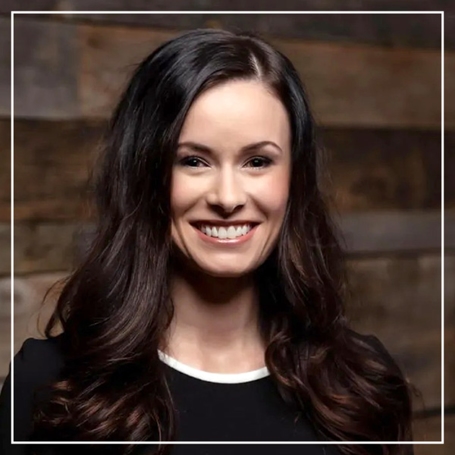

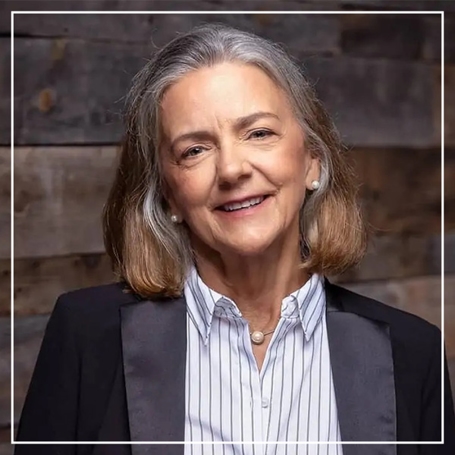


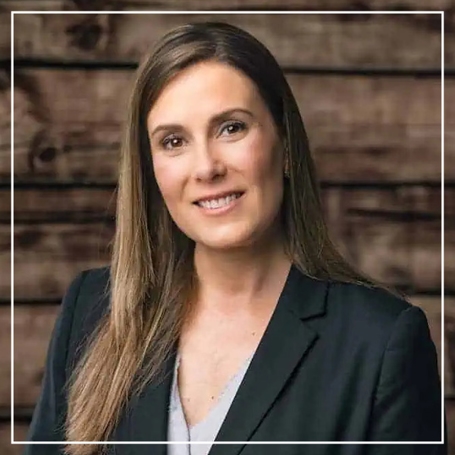

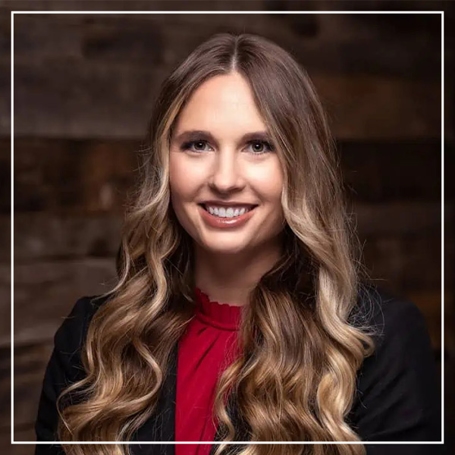
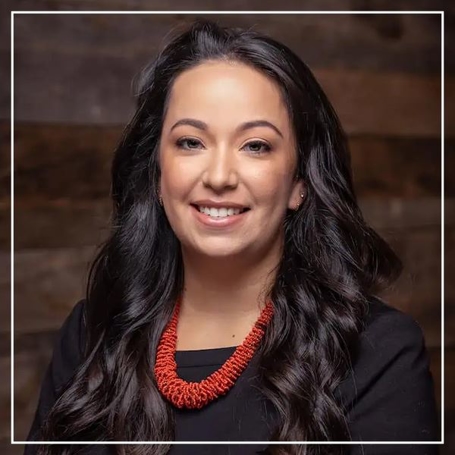

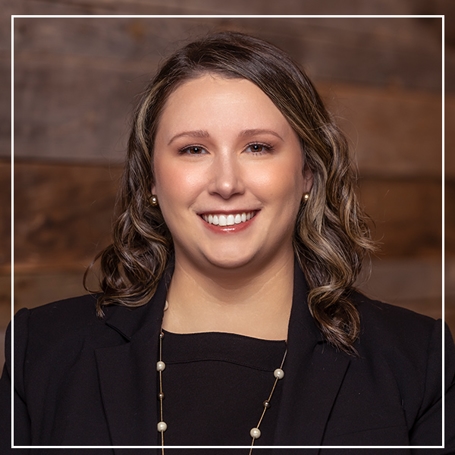


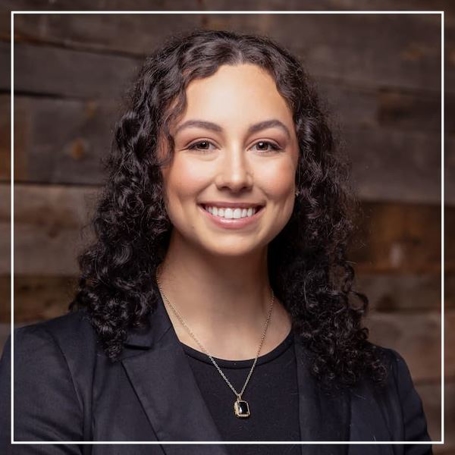

.2407050835546.jpg)


